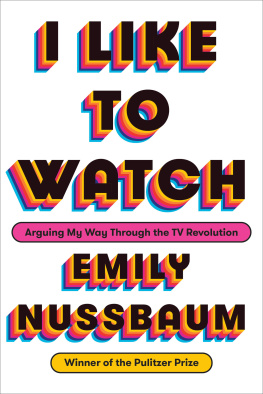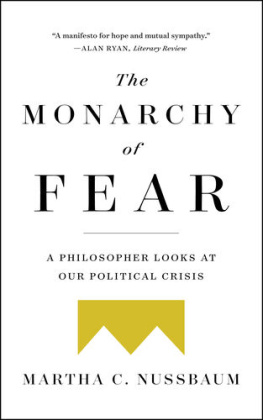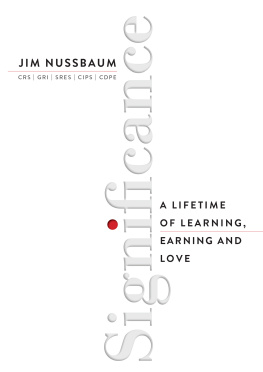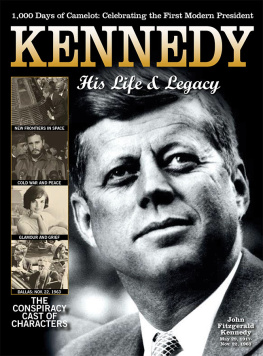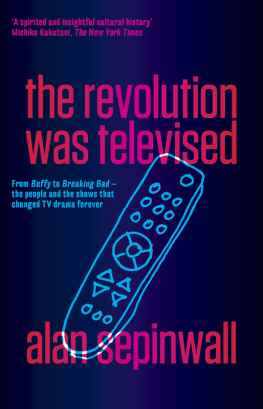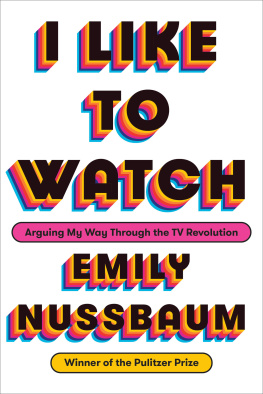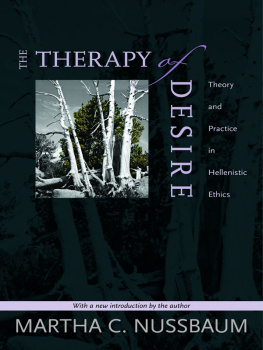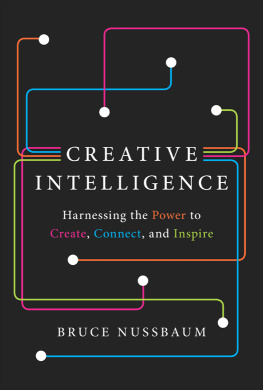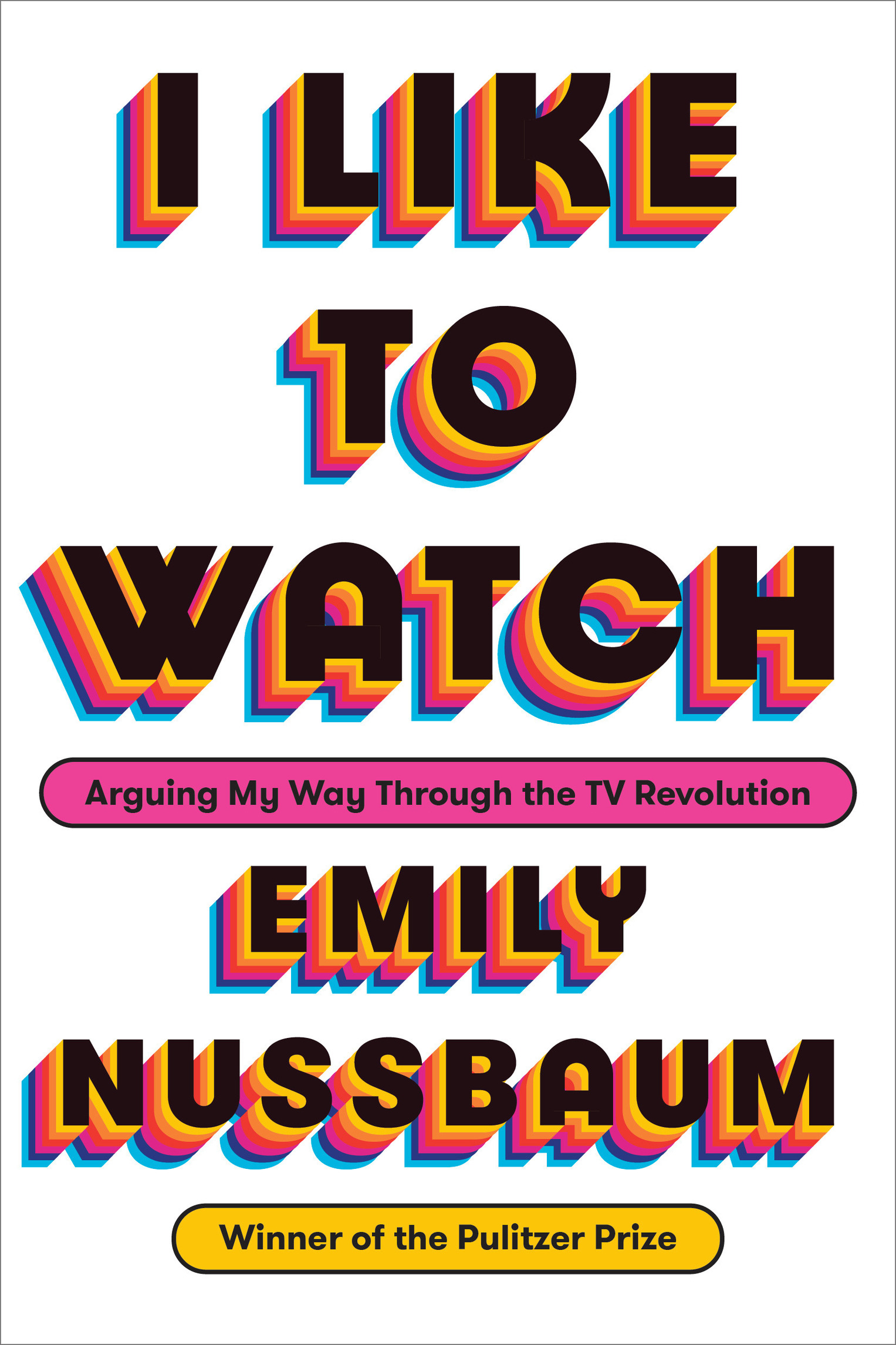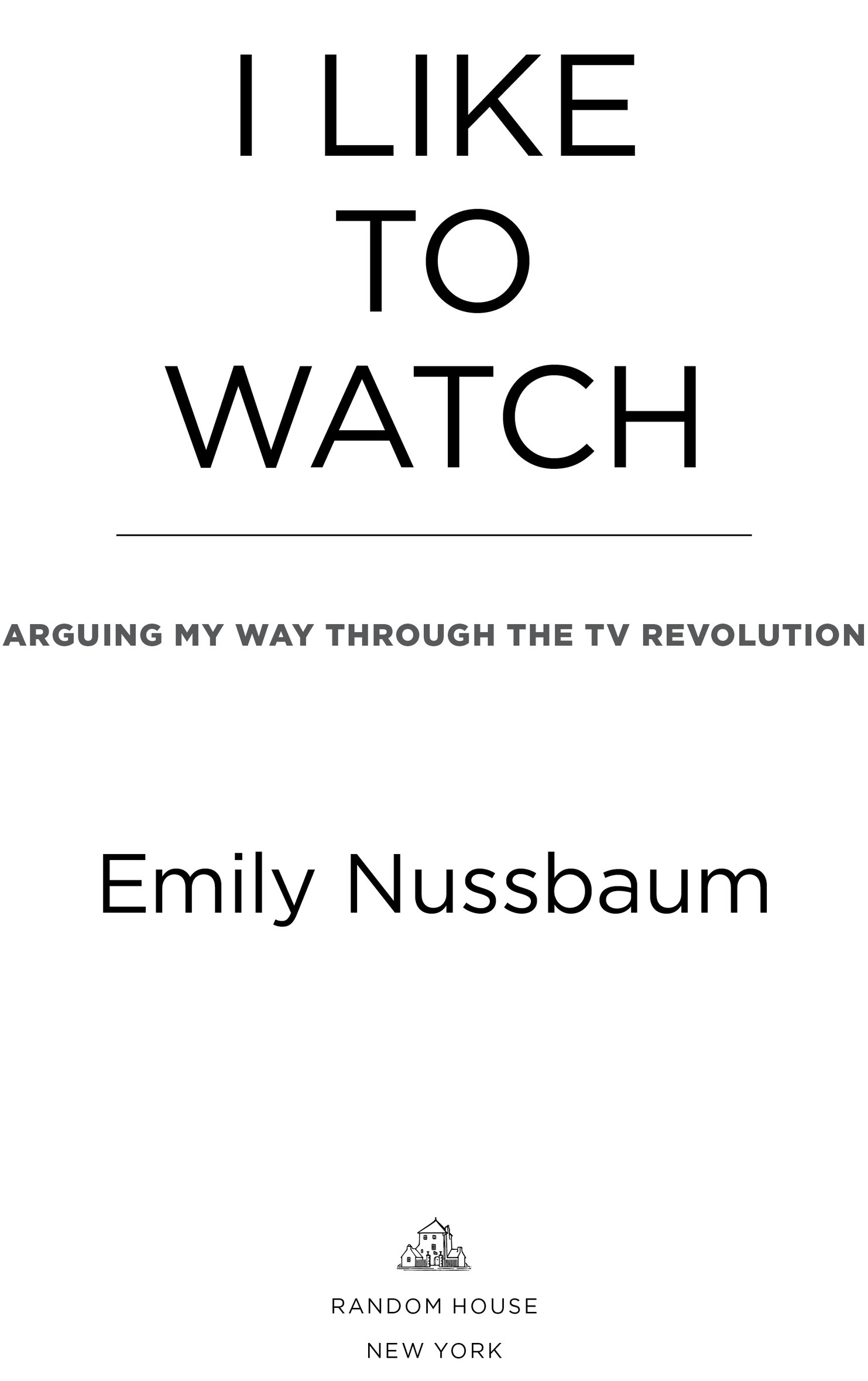Emily Nussbaum - I Like to Watch: Arguing My Way Through the TV Revolution
Here you can read online Emily Nussbaum - I Like to Watch: Arguing My Way Through the TV Revolution full text of the book (entire story) in english for free. Download pdf and epub, get meaning, cover and reviews about this ebook. year: 2019, publisher: Random House, genre: Detective and thriller. Description of the work, (preface) as well as reviews are available. Best literature library LitArk.com created for fans of good reading and offers a wide selection of genres:
Romance novel
Science fiction
Adventure
Detective
Science
History
Home and family
Prose
Art
Politics
Computer
Non-fiction
Religion
Business
Children
Humor
Choose a favorite category and find really read worthwhile books. Enjoy immersion in the world of imagination, feel the emotions of the characters or learn something new for yourself, make an fascinating discovery.
- Book:I Like to Watch: Arguing My Way Through the TV Revolution
- Author:
- Publisher:Random House
- Genre:
- Year:2019
- Rating:5 / 5
- Favourites:Add to favourites
- Your mark:
I Like to Watch: Arguing My Way Through the TV Revolution: summary, description and annotation
We offer to read an annotation, description, summary or preface (depends on what the author of the book "I Like to Watch: Arguing My Way Through the TV Revolution" wrote himself). If you haven't found the necessary information about the book — write in the comments, we will try to find it.
From her creation of the first Approval Matrix in New York magazine in 2004 to her Pulitzer Prizewinning columns forThe New Yorker, Emily Nussbaum has known all along that what we watch is who we are. In this collection, including two never-before-published essays, Nussbaum writes about her passion for television that began with stumbling upon Buffy the Vampire Slayera show that was so much more than it appearedwhile she was a graduate student studying Victorian literature. What followed was a love affair with television, an education, and a fierce debate about whose work gets to be called great that led Nussbaum to a trailblazing career as a critic whose reviews said so much more about our culture than just whats good on television. Through these pieces, she traces the evolution of female protagonists over the last decade, the complex role of sexual violence on TV, and what to do about art when the artist is revealed to be a monster. And she explores the links between the television antihero and the rise of Donald Trump.
The book is more than a collection of essays. With each piece, Nussbaum recounts her fervent search, over fifteen years, for a new kind of criticism that resists the false hierarchy that elevates one form of culture over another. It traces her own struggle to punch through stifling notions of prestige television, searching for a wilder and freer and more varied idea of artistic ambitionone that acknowledges many types of beauty and complexity, and that opens to more varied voices. Its a book that celebrates television as television, even as each year warps the definition of just what that might mean.
Emily Nussbaum: author's other books
Who wrote I Like to Watch: Arguing My Way Through the TV Revolution? Find out the surname, the name of the author of the book and a list of all author's works by series.

